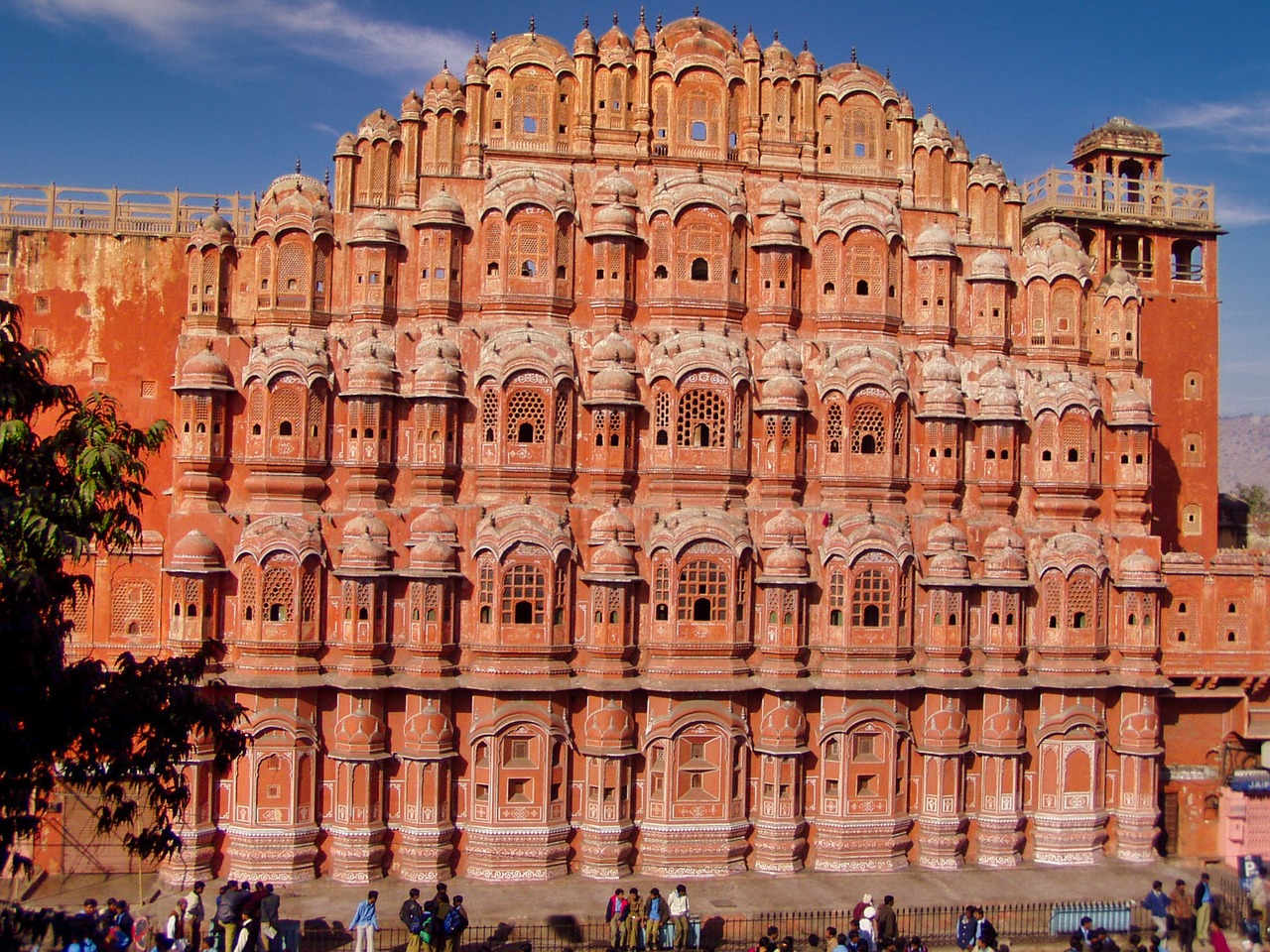How Has COVID-19 Altered Election Dynamics?
The COVID-19 pandemic has significantly altered the landscape of political campaigning strategies worldwide. With restrictions on large gatherings and social distancing protocols in place, traditional campaign tactics such as rallies, door-to-door canvassing, and in-person events have been rendered virtually impossible. Politicians and campaign teams have been forced to pivot quickly and adapt their methods to reach voters in a more socially distant world.
In response to these challenges, many campaigns have shifted their focus towards utilizing digital platforms and virtual tools to engage with their target audiences. Virtual town hall meetings, online fundraisers, and social media campaigns have become essential components of modern political campaigns. Candidates are now leveraging technology to connect with voters in ways that were previously unimaginable, highlighting the resilience and adaptability of political campaigns in the face of unprecedented circumstances.
Shift to Virtual Campaign Events
In response to the challenges posed by the COVID-19 pandemic, political campaigns have been quickly adapting to the new normal by shifting their events to virtual platforms. This shift has required campaigns to reevaluate their strategies and find innovative ways to engage with voters in a primarily digital landscape.
One of the key advantages of virtual campaign events is the ability to reach a wider audience without being constrained by physical location or venue capacity. Candidates can now connect with supporters across different regions and demographics, allowing for a more inclusive and accessible campaign experience.
How has COVID-19 impacted campaigning strategies?
COVID-19 has forced political campaigns to adapt to new restrictions and safety measures, leading many to shift towards virtual campaign events.
What are virtual campaign events?
Virtual campaign events are online gatherings or meetings that allow candidates to connect with voters without the need for in-person interaction.
Why are more campaigns choosing to host virtual events?
Virtual events provide a safe way to engage with voters during a time when large gatherings are discouraged due to the pandemic.
What are some examples of virtual campaign events?
Virtual town hall meetings, webinars, and live video Q&A sessions are all examples of virtual campaign events that have become popular in recent months.
How can candidates effectively engage with voters through virtual events?
Candidates can use social media, email newsletters, and online advertising to promote their virtual events and encourage voter participation.
Will virtual campaign events continue to be popular after the pandemic?
It’s likely that virtual campaign events will remain a key component of campaigning strategies even after the pandemic, as they offer a cost-effective way to reach a large audience.





